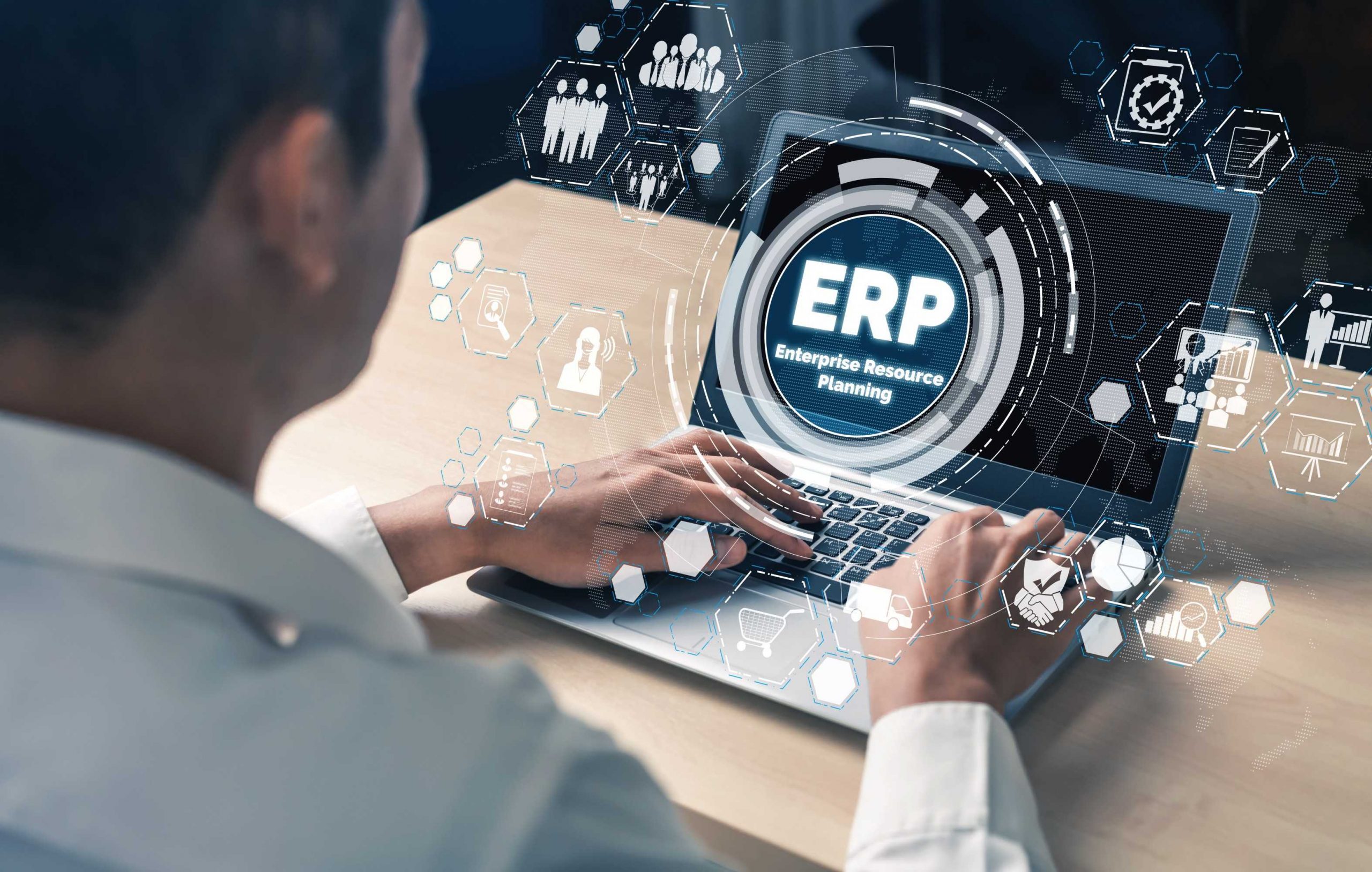
The management of any company, regardless of the industry in which it operates, depends on the control and analysis of all information related to the institution’s activities, especially costs and profitability. In this scenario, the ERP system proves to be an important ally of managers and entrepreneurs; after all, it optimizes the information management, providing the subsidies needed to make the right decisions that allow the promotion of the company’s growth.
Despite the countless benefits provided by ERP, many managers still do not know it or how it works. That is why we have prepared this post about ERP. Read on and find out how this system can help in the sustainable growth of your company!
In a nutshell, ERP – an acronym referring to the Enterprise Resource Planning system – is a software developed for the management of companies, aimed at the optimization of processes and the supply of subsidies needed to make the right decisions.
The great advantage of ERP is the fact that it was intended and created to provide the integration of information from the different departments of a company (or even from several companies belonging to the same economic group). Thus, everything works in an integrated way, which provides greater agility and reliability to internal processes.
In addition to optimizing internal processes, the fact that the information is concentrated in a single system gives managers a macro view of the business (of course, without making it impossible to access information that are specific to each area). As such, they have access to all the information needed to make strategic decisions. Keep reading and understand how it works!
ERP is a system composed of several modules, each of which refers to a specific department of the company. These modules are integrated with each other, which allow the data exchange between the various sectors (for example, the information entered by the sales department are automatically accounted for in the inventory control).
Although the system is usually customizable, most ERPs have the following modules:
It is important to point out that the modularization also allows the partial implementation of the system in the company. Thus, as the company adapts, new features can be introduced, taking into account, of course, the specificities and needs of the business.
It is also worth mentioning that the system modularization does not prevent complete management reports from being obtained, as the information is concentrated in a single database. That way, at the same time that managers are able to access information specific to a certain sector, they can generate complete reports about the business, which allows a broad view of the institution.
You have certainly already realized that ERP offers many benefits, especially by providing managers with the subsidies needed to make the right strategic decisions. But there is more to it than that. It also offers:
As you could see, ERP offers many benefits to the business management. However, in order to enjoy all the advantages that the system can offer and ensure the sustainable growth of your company, it is essential to choose good software that is appropriate to the specifics of your business.
To make the right choice, you should look for suppliers that offer products recognized in the market and, of course, that have all the expertise needed to provide the best solutions for your business. By following these tips, you will certainly be able to choose an ERP system that is capable of providing all the subsidies needed to optimize your company’s management.
Do you want to keep up-to-date on other topics related to business management? Follow our page on LinkedIn!
Request a demo bellow and know what MyABCM can do for your company.
If you are interested in MyABCM solutions and need more information, please send us a message.